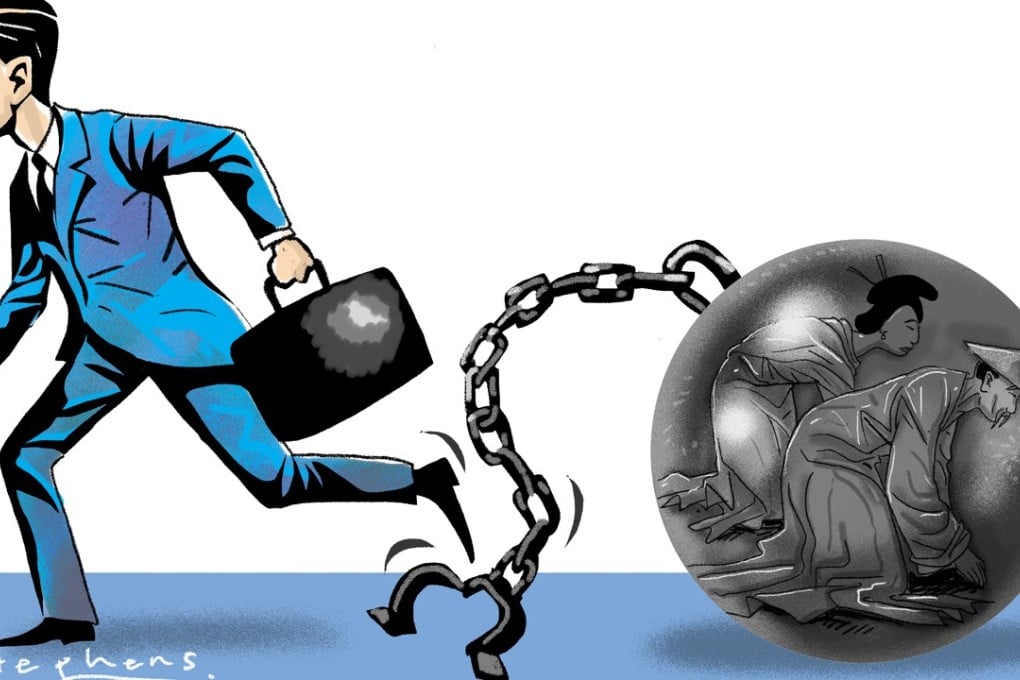Opinion | To rise above Trump’s trade war, China should let go of its ‘century of humiliation’
Tian Feilong says China’s history of ‘humiliation’ is not conducive to its new-found role in world affairs. A China that wishes to enjoy internal peace and friendly external relations must refrain from nurturing a sense of victimhood

China and the US are locked together in a trade war, which is a dispute over interests, technology and institutional values. The trade war is also a major event with regard to the modernisation of the East and West and the history of competition between them.
The history of humiliation must not repeat itself, but this also limits modern China’s policy decisions with regard to its national ethos and its trade war with the US.
Hong Kong was ceded to Britain under the Treaty of Nanking. In the Chinese nationalistic view of history, this event was the starting point of “national humiliation”; the beginning of the time when, to quote Joseph Stalin, “those who fall behind get beaten”; and the impetus for becoming a rich country with a strong army.
